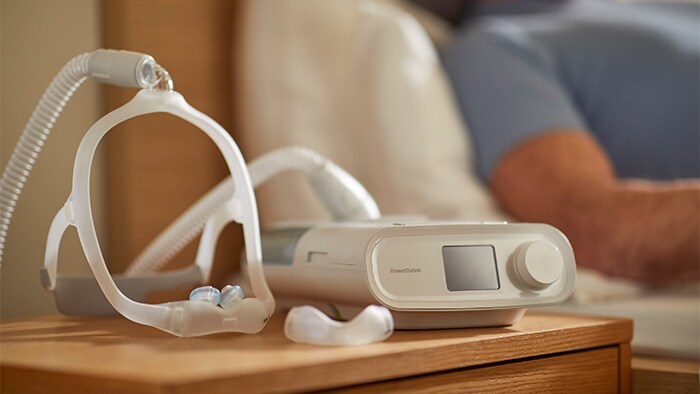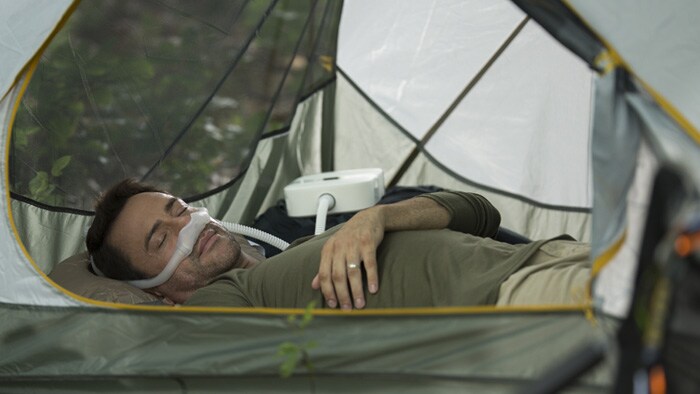Control your sleep apnea, reduce your pneumonia risk
According to the National Sleep Foundation (NSF), 37 million Americans snore on a regular basis. That noisy breathing during sleep that often keeps sleep partners awake—and may even be so loud that it wakes the snorer, too—often is caused by sleep apnea; however, other factors can contribute to snoring, including sleeping on your back, alcohol consumption and age. Regardless of the cause, it’s important to discuss snoring with your doctor to determine whether you have sleep apnea. Not only can that discussion help you and your sleep partner sleep better, new research says it also could help prevent you from developing a dangerous case of pneumonia. Sleep apnea is most commonly treated with continuous positive airway pressure (CPAP), which eliminates snoring while keeping airways open to promote healthy breathing. According to according to a study published in the Canadian Medical Association Journal, it can help promote a healthy respiratory system, too. The Taiwanese researchers found patients with untreated sleep apnea have a 17 percent greater risk of developing pneumonia than those without the sleep disorder. The researchers noted the exact connection between sleep apnea and pneumonia isn’t clear. But they speculate that people with sleep apnea may be more likely to aspirate liquid from the throat into the lungs, which can cause pneumonia. They also theorized that those with untreated sleep apnea may be at greater risk for pneumonia or other health issues because disturbed sleep can weaken the immune system, making it more difficult for the body to fight off infections and viruses. Untreated sleep apnea doesn’t just raise the risk of pneumonia—it’s unfriendly to your heart, too. According to the American Heart Association (AHA), treating sleep apnea may protect your heart from harmful changes that contribute to heart disease. An AHA study found six months of CPAP use reversed abnormal heart changes related to sleep apnea in study participants. Wondering if your snoring is related to sleep apnea? Experts say it’s important to know all the common symptoms of sleep apnea, which, according to the Mayo Clinic, include:


